YOUR BAG IS EMPTY
Whoops... Nothing in here! Explore around to add items.
START SHOPPING ADD FROM WISHLISTDON'T MISS OUT!!
0
YOUR BAG IS EMPTY
Whoops... Nothing in here! Explore around to add items.
START SHOPPING ADD FROM WISHLISTDON'T MISS OUT!!
0

As the trend for natural and organic beauty surges, Organic Works’ Tor Berry shares what you need to know about clean and green beauty…
Driven by an awareness of health, ethics, and the environment, more of us than ever are questioning what we put on to and into our bodies. As a nation, we’re shopping more consciously, veganism is at an all-time high, and we’re demanding more transparency from brands. Searches for "clean beauty" increased by 270%* over the last 10 years, and new stats reveal that experts predict the global natural and organic product market to soar to £40bn ($54bn) by 2027.**
But with beauty buzz words like ‘green’, ‘clean’, ‘natural’ and ‘organic’ used a lot in the industry, it’s hard to keep up with which are genuine clean brand beauty claims, and which are greenwashing tactics.
Tor Berry, Brand Manager from Organic Works, lifts the lid on what you really need to know about clean beauty and how you can make simple tweaks to clean up your beauty regime…
What is clean beauty?
Although there is no official definition for ‘clean beauty’, most of us in the industry would agree that it refers to products that are ‘toxin free’ and 'clean of harmful ingredients' to people and the planet and sourced in an ethical way. And there are varying degrees of ‘clean’ too, but any brand with a focus on organic ingredients and organic farming methods is certainly Clean Beauty!
Why is clean beauty important?
Clean beauty products give consumers the choice to use products that are incredibly effective but formulated without ingredients you might not want - such as sulphates, mineral oil, phthalates, parabens and synthetic fragrance.
The clean beauty movement has made great strides in empowering consumers to question what we’re putting on our skin and hair each day, and how it affects our bodies and the planet.
Consequently, reading labels and questioning ingredients is common practise and it shines a spotlight on how brands source their ingredients. It demands beauty brands to be more transparent with what’s in their products, where the ingredients are actually from and how they’re eventually formulated – which can only be a good thing.
Is clean beauty the same as natural beauty?
No, ‘natural’ refers to products which are from plant-based ingredients, whereas some clean beauty brands do contain synthetic ingredients made in labs.
However, you’ll find that a lot of clean beauty brands – like Organic Works - tend to favour natural and organic ingredients as they offer a simpler active plant-base, and a more transparent and mindful, product line up.
How does clean beauty benefit you and the planet?
SLS are renowned to skin irritants and are found in a lot in everyday beauty products, such as shampoos, shower gels and soaps due to its ability to create a rich lather. Clean beauty brands often use alternatives derived from sugar which is kinder to skin.
Clean beauty brands commit to using ingredients which are kind to the environment, sustainable and ethically sourced. For example, clean beauty brands avoid ingredients like microbeads which are known to be harmful to marine life.
Parabens are artificial preservatives that are used to extend the shelf life of products, as well as prevent bacteria growth. Commonly listed as butylparaben, methylparaben and propylparaben on product labels, for the past twenty years various studies have queried the effects of parabens on our bodies and the environment.
A study by the Environmental Working Group in the US revealed that women are exposed to a daily average of 126 chemicals from cosmetics, food, cleaning supplies and pollution*** – which highlights how important it is to know and question what we’re exposing ourselves to.

At present in the UK, the term ‘clean’, ‘green’ or ‘natural’ beauty isn’t regulated so it’s important to do your research before purchasing products. Here’s how to spot the best clean beauty brands on the market…
1. Always read the label:
Look out for logos or text on the products which state that they’re ‘natural’, ‘vegan’, ‘cruelty free’ and ‘organic’. It’s important not to assume that all natural products are vegan and cruelty free – always check the label or the company’s website and check out what percentages of the product is organic or made from natural ingredients. It is also worth noting if the product has been tested on certain skin types.
2. Check out the ingredients on the back: Although ingredients listings often look like another language, a quick google search will tell you what exactly is in each ingredient. For example, parabens might not be listed as ‘paraben’ in the ingredient list, but might be listed as butylparaben, methylparaben or propylparaben – if you see any of these on the label, it’s not clean beauty by my definition.
3. Look for brands that are actually certified: The Soil Association is the gold standard for health and beauty in the UK and ensures brands are transparent about what they put in their products. It also ensures that ingredients are sourced and manufactured ethically, and products are packaged sustainably. It is an expensive and time-consuming investment for smaller independent brands to gain a COSMOS organic or natural certification from the Soil Association but it does assure consumers that strict guidelines are being followed.
4. Look at how they package their products: For example, are they offering eco refills for their customers to help them reduce waste? What is their packaging made from? Although our packaging is made from plastic, it is recycled plastic and our eco-refills labels are made from a waste product from sugar refinery industry which would otherwise have gone to landfill. It’s hard to avoid plastic altogether but we would love to get that stage as a company and an industry. We do opt for minimum packaging and don’t invest in outer cardboard boxes or excess componentry
5. Award winning: Check if they’ve won any clean beauty or natural beauty industry awards. Judges are always independent and objective and many awards bodies change judges every year too.
Now you know what 'clean' beauty is and how to spot it in its true form, feel free to go off and live your cleanest lives!
Love,
Organic Works



*By joining, you agree to receive email marketing . Unsubscribe at any time. View Privacy Policy & Terms of Service.




2024 THE OW STORE